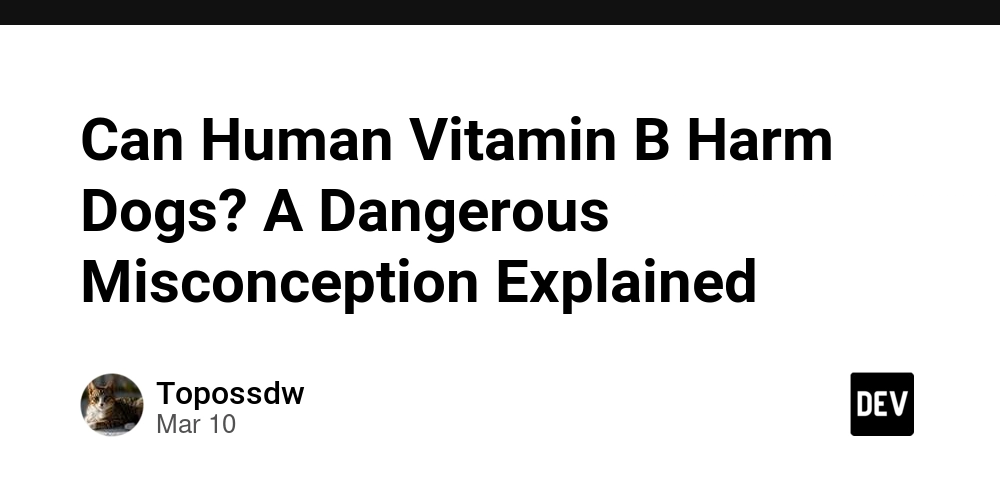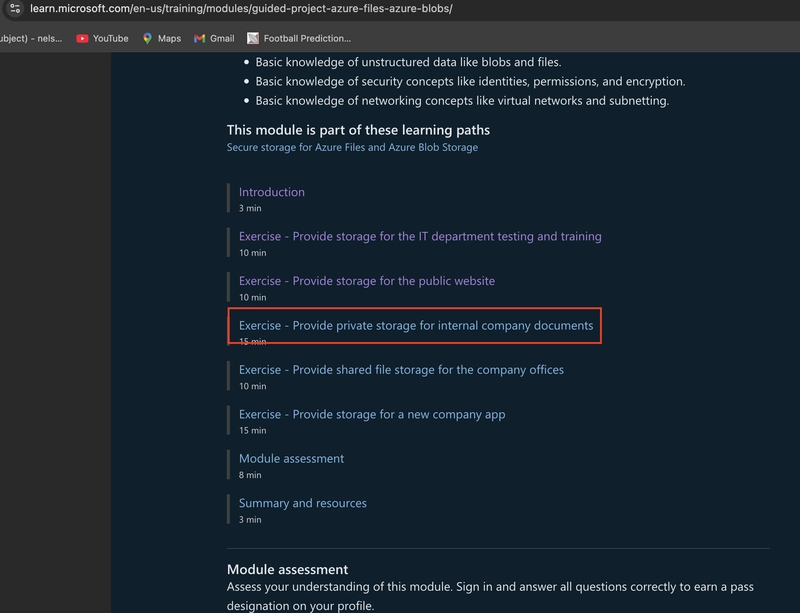Can Human Vitamin B Harm Dogs? A Dangerous Misconception Explained
Pet owners often want to share everything with our furry companions—including our snacks, beds, and even vitamins. But when it comes to supplements like vitamin B, a common question arises: Can human vitamin B harm dogs? While well-intentioned, this practice is rooted in a dangerous misconception. Let’s unpack the risks, clarify the confusion, and explain why pet-specific supplements like those from TOPO Pets are the safest choice for your dog’s health.  Basics: Why Dogs Need Vitamin B Vitamin B is a group of water-soluble vitamins (B1, B2, B6, B12, etc.) that play critical roles in your dog’s body, including: Supporting energy metabolism Promoting healthy skin and coat Aiding nerve function and red blood cell production Dogs naturally obtain B vitamins from high-quality diets, but deficiencies can occur due to age, illness, or poor nutrition. While supplementation is sometimes necessary, human vitamin B products are NOT a safe substitute for pets. Here’s why: 3 Reasons Human Vitamin B Supplements Can Harm Dogs Dosage Dangers Human supplements are formulated for adult humans, whose weight and nutritional needs differ vastly from dogs. Even a small dose for humans can lead to vitamin B toxicity in pets, causing symptoms like: Vomiting or diarrhea Neurological issues (e.g., disorientation, seizures) Liver damage (in severe cases) Added Ingredients Many human vitamins contain additives like xylitol (a sugar substitute), artificial flavors, or preservatives that are toxic to dogs. For example, xylitol can cause rapid insulin release, leading to hypoglycemia or liver failure. Imbalanced Formulas Dogs require specific ratios of B vitamins tailored to their biology. Human supplements may prioritize certain B vitamins (e.g., B12) while neglecting others critical for dogs, like B1 (thiamine) or B3 (niacin). The Misconception: “A Little Won’t Hurt” Some pet owners assume that splitting a human vitamin pill into a smaller dose is safe. However, this approach ignores two key factors: Inconsistent dosing: Crushing or splitting pills can result in uneven distribution of active ingredients. Bioavailability: Dogs metabolize vitamins differently, so even a “tiny piece” might not be absorbed properly. Veterinarians universally advise against sharing human supplements with pets. Safe Alternatives: Choosing Pet-Specific B Vitamins To support your dog’s health without risk, opt for vet-approved supplements designed for pets, like TOPO Pets’ Multivitamin Soft Chews or Omega-3 + B Complex Blends. These products: Provide precisely dosed B vitamins for dogs of all sizes. Avoid harmful additives (no xylitol, artificial colors, or fillers). Include complementary nutrients (e.g., fish oil) for enhanced benefits. What If My Dog Accidentally Ate Human Vitamins? Act quickly: Call your vet or the ASPCA Animal Poison Control Center (888-426-4435). Note the product’s ingredients and how much your dog consumed. Monitor for symptoms like lethargy, drooling, or tremors. Prevention is key: Always store human supplements out of your pet’s reach.

Pet owners often want to share everything with our furry companions—including our snacks, beds, and even vitamins. But when it comes to supplements like vitamin B, a common question arises: Can human vitamin B harm dogs? While well-intentioned, this practice is rooted in a dangerous misconception. Let’s unpack the risks, clarify the confusion, and explain why pet-specific supplements like those from TOPO Pets are the safest choice for your dog’s health.

Basics: Why Dogs Need Vitamin B
Vitamin B is a group of water-soluble vitamins (B1, B2, B6, B12, etc.) that play critical roles in your dog’s body, including:
- Supporting energy metabolism
- Promoting healthy skin and coat
- Aiding nerve function and red blood cell production
Dogs naturally obtain B vitamins from high-quality diets, but deficiencies can occur due to age, illness, or poor nutrition. While supplementation is sometimes necessary, human vitamin B products are NOT a safe substitute for pets. Here’s why:
3 Reasons Human Vitamin B Supplements Can Harm Dogs
-
Dosage Dangers
Human supplements are formulated for adult humans, whose weight and nutritional needs differ vastly from dogs. Even a small dose for humans can lead to vitamin B toxicity in pets, causing symptoms like:- Vomiting or diarrhea
- Neurological issues (e.g., disorientation, seizures)
- Liver damage (in severe cases)
Added Ingredients
Many human vitamins contain additives like xylitol (a sugar substitute), artificial flavors, or preservatives that are toxic to dogs. For example, xylitol can cause rapid insulin release, leading to hypoglycemia or liver failure.Imbalanced Formulas
Dogs require specific ratios of B vitamins tailored to their biology. Human supplements may prioritize certain B vitamins (e.g., B12) while neglecting others critical for dogs, like B1 (thiamine) or B3 (niacin).
The Misconception: “A Little Won’t Hurt”
Some pet owners assume that splitting a human vitamin pill into a smaller dose is safe. However, this approach ignores two key factors:
- Inconsistent dosing: Crushing or splitting pills can result in uneven distribution of active ingredients.
- Bioavailability: Dogs metabolize vitamins differently, so even a “tiny piece” might not be absorbed properly.
Veterinarians universally advise against sharing human supplements with pets.
Safe Alternatives: Choosing Pet-Specific B Vitamins
To support your dog’s health without risk, opt for vet-approved supplements designed for pets, like TOPO Pets’ Multivitamin Soft Chews or Omega-3 + B Complex Blends. These products:
- Provide precisely dosed B vitamins for dogs of all sizes.
- Avoid harmful additives (no xylitol, artificial colors, or fillers).
- Include complementary nutrients (e.g., fish oil) for enhanced benefits.
What If My Dog Accidentally Ate Human Vitamins?
Act quickly:
- Call your vet or the ASPCA Animal Poison Control Center (888-426-4435).
- Note the product’s ingredients and how much your dog consumed.
- Monitor for symptoms like lethargy, drooling, or tremors.
Prevention is key: Always store human supplements out of your pet’s reach.











































































































































































![[The AI Show Episode 142]: ChatGPT’s New Image Generator, Studio Ghibli Craze and Backlash, Gemini 2.5, OpenAI Academy, 4o Updates, Vibe Marketing & xAI Acquires X](https://www.marketingaiinstitute.com/hubfs/ep%20142%20cover.png)




























































































































![[DEALS] The Premium Learn to Code Certification Bundle (97% off) & Other Deals Up To 98% Off – Offers End Soon!](https://www.javacodegeeks.com/wp-content/uploads/2012/12/jcg-logo.jpg)


![From drop-out to software architect with Jason Lengstorf [Podcast #167]](https://cdn.hashnode.com/res/hashnode/image/upload/v1743796461357/f3d19cd7-e6f5-4d7c-8bfc-eb974bc8da68.png?#)








































































































.png?#)























.webp?#)










_Christophe_Coat_Alamy.jpg?#)
 (1).webp?#)




































































































![Apple Considers Delaying Smart Home Hub Until 2026 [Gurman]](https://www.iclarified.com/images/news/96946/96946/96946-640.jpg)
![iPhone 17 Pro Won't Feature Two-Toned Back [Gurman]](https://www.iclarified.com/images/news/96944/96944/96944-640.jpg)
![Tariffs Threaten Apple's $999 iPhone Price Point in the U.S. [Gurman]](https://www.iclarified.com/images/news/96943/96943/96943-640.jpg)



































































































































